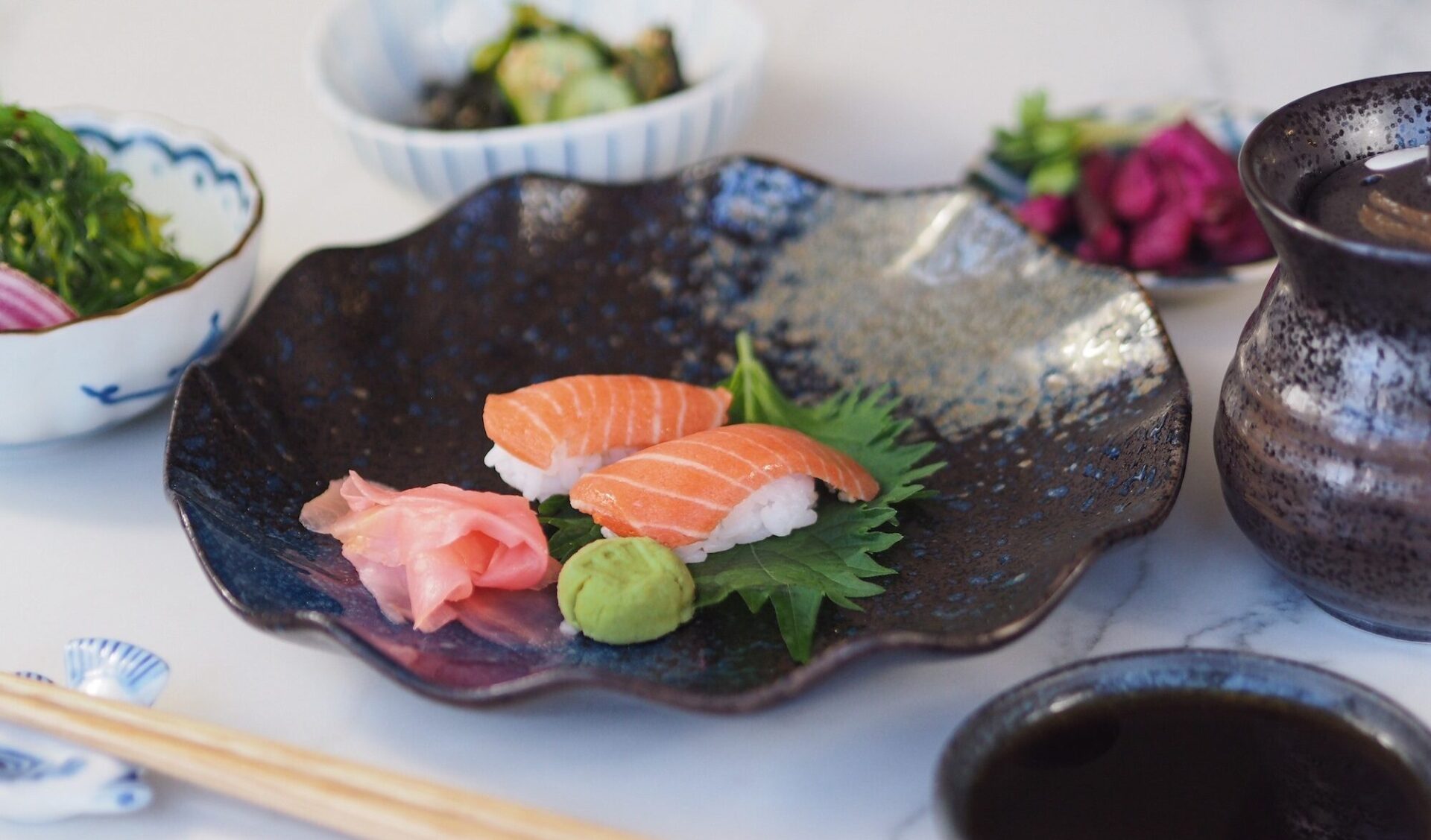San Francisco-based Wildtype will be the first company to launch cultivated seafood in the US after securing an FDA ‘no questions’ letter regarding the safety of its cell cultured salmon.
Wildtype is the fourth cultivated-protein producer to complete a US pre-market scientific and safety consultation after UPSIDE Foods, GOOD Meat, and Mission Barns, and the third to have full approval to sell (Mission Barns is still awaiting the final go-ahead from the USDA for its cultivated fat).
It will debut its wares at the James Beard award-winning Haitian restaurant Kann in Portland, Oregon, on Thursday nights in June, then every day starting in July, before expanding into four additional restaurants.
The production process
In the US, cultivated meat and poultry is regulated by the FDA and USDA under a joint regulatory framework. For cultivated seafood, however, the FDA has sole jurisdiction.
In a letter to Wildtype dated May 28, the FDA said it had no further questions regarding the startup’s conclusion that its cultivated salmon is “as safe as comparable foods produced by other methods.”
According to a scientific memo published by the FDA on the same date, the cells used to establish Wildtype’s cell lines were originally isolated from coho salmon from a Washington state hatchery at the “fry stage” of development, shortly after the fish hatch from the egg.
The mesenchymal cells, which are capable of dividing and developing into multiple cell types such as fat, muscle, and connective tissue cells, are adapted to grow in liquid suspension culture without having to attach to a surface.
Wildtype does not induce differentiation through changes in its media formulation, which contains Fibroblast Growth Factor 2 (FGF2) but no longer features pricey media components listed in its original regulatory submission such as insulin, insulin-like growth factor (IGF), albumin, and transferrin.
“Wildtype’s achievement is a watershed moment for domestic seafood production and for the cultivated protein industry overall. The thoughtful, evidence-driven review proves that innovative food technologies meet the highest safety standards and can play a vital role in healthy American diets, while strengthening our food system’s domestic production and resilience.” Dr. Suzi Gerber, executive Director, AMPS
Post-harvest thermal processing
The memo does not explain how Wildtype texturizes or shapes the harvested cells to create products that resemble raw salmon but refers to “post-harvest thermal processing” steps that serve to deactivate/denature any residual growth factors in the product.
The total fat content and amino acid content is lower in the harvested cell material versus conventional coho salmon, which Wildtype says is likely due to the absence of protein-rich extracellular structures found in conventional salmon products. Relative levels of minerals were similar, with “modest decreases in the levels of iron, magnesium, potassium, and selenium in the harvested cell material.”
Founded in late 2016 by cardiologist Dr. Aryé Elfenbein and Justin Kolbeck, a former diplomat, Wildtype is one of the better-funded players in the nascent cultivated meat/seafood segment, raising more than $123 million to date from backers including L Catterton, Leonardo DiCaprio, Bezos Expeditions, Temasek, S2G Investments, Robert Downey Jr.’s FootPrint Coalition, and Cargill.
More to follow…
Further reading:
GFI: There are ‘no silver bullets to fill funding gaps in cultivated meat’
Inside the UK cultivated meat regulatory sandbox with Mosa Meat, Hoxton Farms, and BlueNalu





